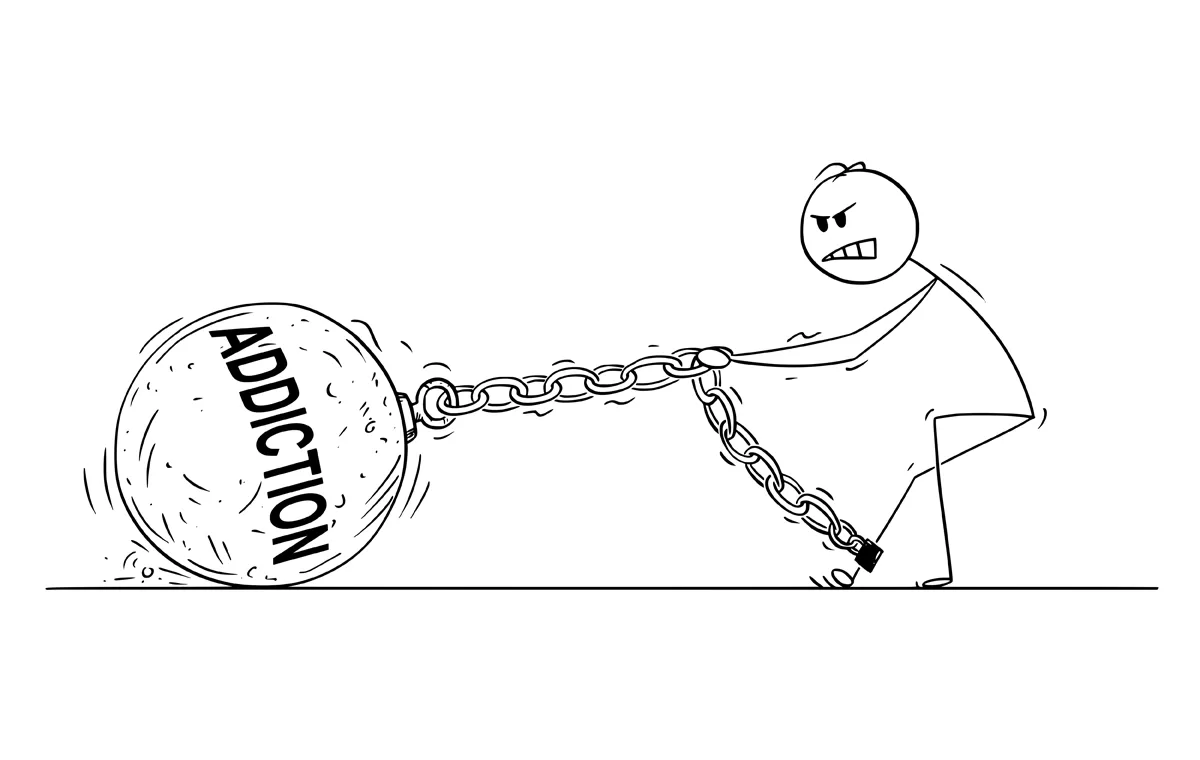Addiction and the Illusion of Control

Addiction is all about control. We say that a person is addicted to alcohol or drugs (or games or gambling), when he or she loses control. The alcoholic or addict is not able to stop his or her addictive behavior, despite adverse consequences.
However, strange that it may appear, the addict believes that he or she can stop whenever he chooses to. He believes that he still has control over his addiction. This is called denial. Since the addict cannot see his or her problem (that he has lost control), he is not likely to accept the solution (treatment). Denial has to be broken for recovery to start.
Family tries control
Meanwhile, the family attempts to control the situation. They may plead, preach or threaten the addict, but nothing seems to work. Evidently, they have lost control over the addict and his behavior, but they keep on trying – despite no positive outcome.
Loss of control is okay
Addiction recovery starts with the recognition of the fact that the addict and everyone else has lost control – and it’s okay.
The 12 Steps programs emphasize this loss of control and its acceptance as the first step in recovery. Unless the addict accepts that he no longer has control over a much stronger foe (such as alcohol, drugs or gambling), he or she cannot begin significant recovery.
Acceptance (or surrender) is a spiritual step. It brings the addict face to face with reality and accompanying humility. It opens the mind to therapeutic inputs. It shatters the illusion of control.
Similarly, the family accepts that they cannot control the addict and his addiction, and begin to detach. Detachment is a difficult but essentially spiritual process. It eases the stress of repeatedly trying to control something that is beyond one’s control. It brings peace of mind and allows self-care.
Relax! God is in charge!
The addiction recovery process is all about letting go. Letting go of guilt, shame, resentments and past trauma. Of letting go of the need to control and letting someone else take charge (counsellor, God or Higher Power).
This is a process that is facilitated by addiction therapists who guide the addict by a combination of proven techniques – such as CBT (Cognitive Behavior Therapy), Motivational Interviewing, Stress Management and 12 Steps facilitation. Yoga and Mindfulness are also useful.
An addiction rehab that has an integrated program that incorporates most of these elements is the ideal place to bring balance back into the life of an addict and his or her family.